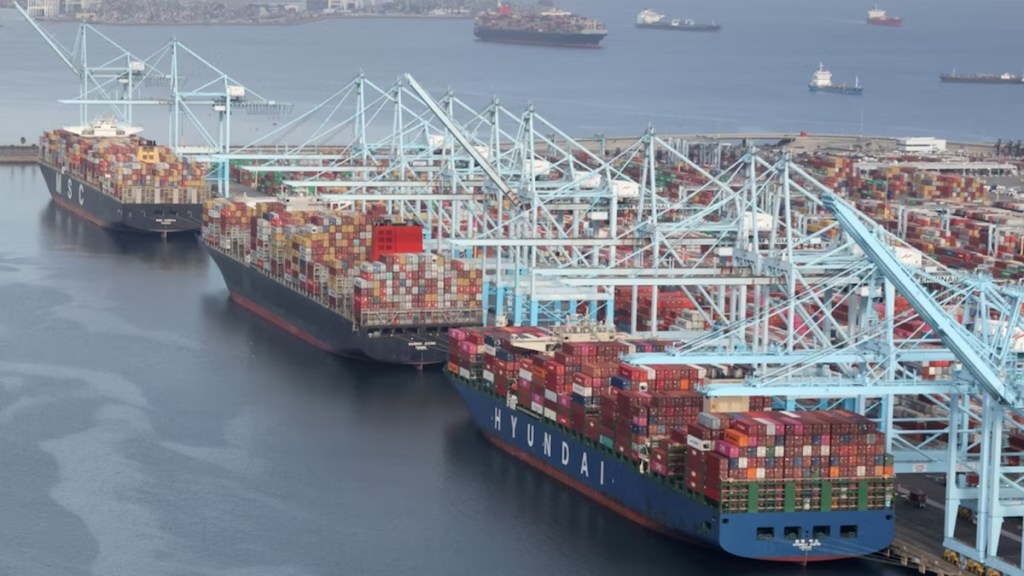The government on Monday extended the period of its flagship export promotion scheme Remission of Duties and Taxes on Exported Products (RoDTEP) for a year till September 30, 2025 but revised the rates downwards so that the outgo remains within the budgetary allocation. The lower rates may mean that tax remission for exporters is not full, and could hit them at a time shipments are facing a slowdown.
The exports from the units in the Domestic Tariff Area (DTA) – units that are not in special economic zones (SEZ) or are designated export oriented units (EoU) – will be eligible for incentives till September 30 next year. For export of products by Advance Authorisation holders, SEZ units and EoUs the scheme has been extended till December 21, 2024, a notification by the Directorate General of Foreign Trade (DGFT).
Advance Authorisation allows exporters duty free import of inputs for production of export goods.
“To adhere to the approved budget under the scheme necessary changes will be made in scheme benefits, including revisions and deletions in eligible RoDTEP export items, rates, per unit value cap and other measures as and when required,” the notification said.
The new rates of refund of taxes range from 0.3% to 3.9%, which is lower than 0.5% to 4.3% that prevailed prior to the latest extension. New rates on the recommendations of the RoDTEP committee are being notified from October 10.
The scheme, which was first introduced in 2021, will cover exports of 10,642 products. It has seen many extensions and modifications since it was first introduced. The current period of extension was expiring this month-end.
The incentive is paid in the form of transferable duty credit scrip which can be used to pay import duties or sold in the market by exporters.
The RoDTEP scheme operates under a budgetary framework and for FY 24-25, a budget of Rs 23,922 crores is available for it. In 2023-24 around Rs 14,874 crore was spent on the scheme.
The RoDTEP scheme is designed to refund duties, taxes and levies at the central, state and local level that get added to the cost of products meant for exports. It is a replacement for the Merchandise Exports from India scheme which along with other export promotion schemes were successfully challenged at the World Trade Organization by the US.
